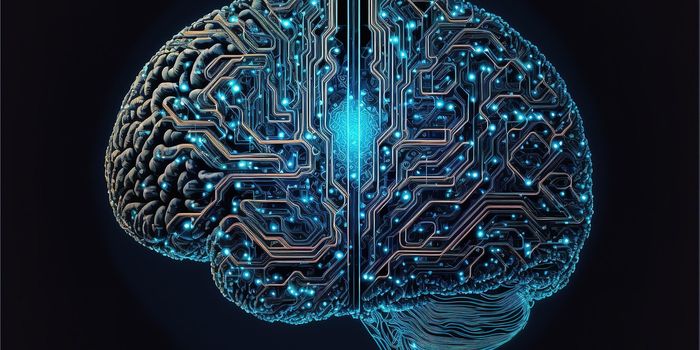Post Traumatic Stress Disorder (PTSD) has been the focus of mental health professionals and researchers for quite some time. All would agree that it does exist and it’s terrifying for some patients, but finding why it impacts one person and not another and why symptoms and behaviors are so broad across different patients has been a challenge. While it may be thought by some to be tied to mental strength or weakness, that assumption is outdated and wrong. It’s clear that neurobiological processes in the brain are a definite factor. Still, more research is needed to specifically identify what is happening.

Two professors from the University of Michigan Medical School published an article recently that takes into account decades of prior research and tries to pull out of that data a more specific theory of what is happening in the brain of a PTSD sufferer. Israel Liberzon, M.D., a professor of psychiatry at U-M and a researcher at the VA Ann Arbor Healthcare and his colleague, James Abelson, M.D., Ph.D say that their analysis of PTSD points to a disruption in context processing. Context processing is the ability of the brain to evaluate stimuli as it relates to one’s surroundings.
If a person is driving in heavy traffic and they hear horns beeping, they know it’s from a car, and perhaps a frustrated driver or a signal to pay attention to a possible hazard on the road. Someone suffering from PTSD could be in that same situation, hear a horn, and be unable to react to it based on their surroundings. To that person, the sound of a horn could trigger a memory of bad accident they were involved in or a battle during a war where vehicles were sounding alarms. Without the proper context, the reaction of people who have PTSD can be problematic. The authors liken the importance of context to seeing a mountain lion. In a zoo, no problem. In your backyard? That is a problem.
The brain regions involved in context processing are the hippocampus, and its connections to the prefrontal cortex and the amygdala. Multiple studies already show that in patients with PTSD, the activity in this part of the brain is dysregulated. Dr. Liberzon said in a press release, “We hope to put some order to all the information that’s been gathered about PTSD from studies of human patients, and of animal models of the condition. We hope to create a testable hypothesis, which isn’t as common in mental health research as it should be. If this hypothesis proves true, maybe we can unravel some of the underlying pathophysiological processes, and offer better treatments.”
The pair explained their analysis in three parts. Abnormal fear learning, which involves the amygdala and can explain a fear response to a stimuli that is not dangerous. Exaggerated threat detection, in which the hippocampus can signal a threat that isn’t real because of previous trauma a person has experienced. Finally, they detailed the role of executive function in the pre-frontal cortex which is involved in decision making. When this is disrupted, as it for those who have suffered trauma, it’s likely that decisions made based on stimuli will not be appropriate.
They are currently recruiting people with PTSD for a study to see if their hypothesis on context processing is accurate. Check out the video below to learn more about what this could mean for those dealing with PTSD
Sources:
University of Michigan Health Systems,
UPI,
Neuron,
PyschCentral









